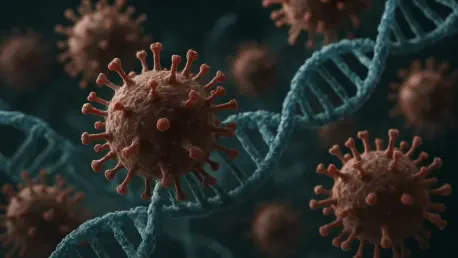
Across Brevard County, a series of strategic enhancements in key community sectors are quietly reshaping the landscape of local support, from empowering individuals with disabilities to pioneering new frontiers in medical research and personal wellness. These developments, driven by dedicated

The rapid integration of artificial intelligence into the pharmacy profession presents a profound and complex dilemma, forcing a critical evaluation of a technology that is simultaneously hailed as a revolutionary tool and flagged as a source of considerable, often poorly understood, risk. While

A comprehensive analysis of global health data collected over three decades has delivered a sobering message about the escalating burden of prostate cancer among men aged 65 and older. This systematic review, which examined trends from 1990 through 2021, reveals a significant and continuous upward

The journey of a life-saving medical device from an engineering concept to a clinical reality is fraught with challenges, particularly in the complex and dynamic environment of the human heart. For the millions suffering from heart failure, the promise of new transcatheter technologies offers a

A new generation of pharmaceutical trade agreements is fundamentally reshaping the landscape of global healthcare, moving beyond abstract economic frameworks to become practical, patient-centric instruments designed to directly enhance the accessibility, affordability, and predictability of

The silent, invisible spread of a novel virus across continents has become a defining challenge of our time, demanding a response that moves faster than the pathogen itself. In this high-stakes race, traditional epidemiological methods of contact tracing and symptom monitoring, while still